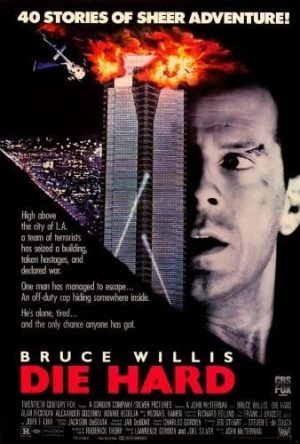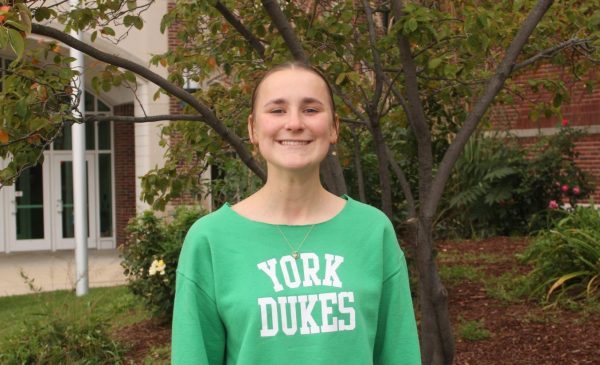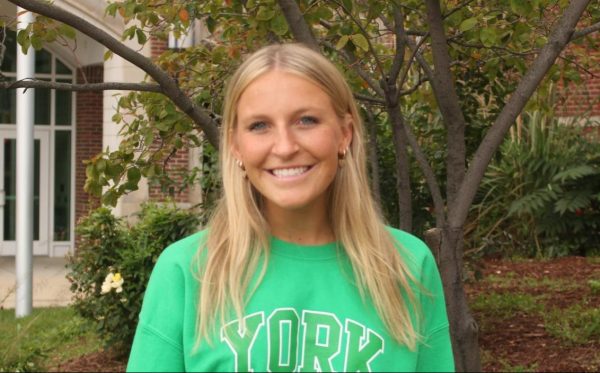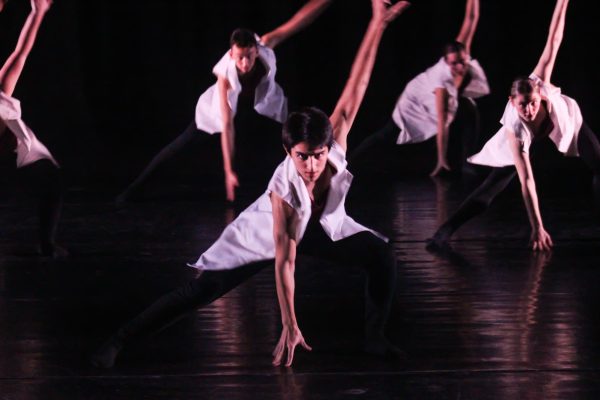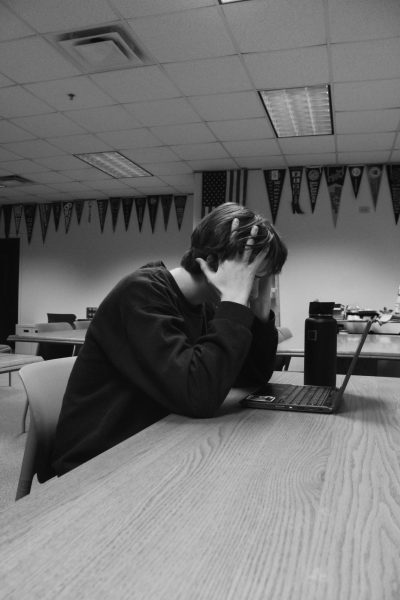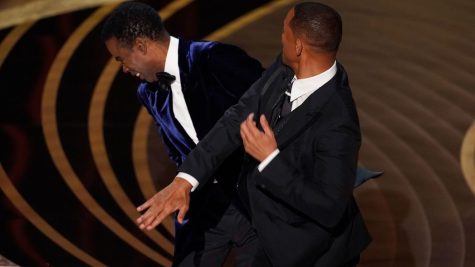“Die Hard” is not a Christmas movie
December 22, 2020
Picture this: Bruce Willis fighting Alan Rickman and a crew of terrorists in an LA skyscraper while barefoot. Does that really scream Christmas? It doesn’t. To put the debate to rest, “Die Hard” is not a Christmas movie. Many people have jumped to the conclusion that because the action flick takes place on Christmas Eve, it automatically falls under the same category as “Rudolph the Red-Nosed Reindeer” and “It’s A Wonderful Life.” While the time that the film takes place during does point it in the direction of the North Pole, it still feels far from jolly as most of the film contains violence and crude language. Truthfully, this is one of the last movies that I would put on to get myself in the holiday spirit.
To be a Christmas movie means to spread joy, nostalgia and love to all audiences. While there is no definite genre, Christmas movies are found to have plot devices focused on the holiday season, happy endings, and loads of cheer. While “Die Hard” does check a few of those boxes, the overall violent plot of the film overshines all of the miniscule holiday hints. Taking place on Christmas Eve, former policeman John McClain (Willis) flies home to reconcile with his wife which leads him to her office party that evening. At the party, German terrorists led by Hans Gruber (Rickman) attempt to seize control of the building. Working by himself, McClain must take down all the terrorists and save the hostages in the building.
Let’s debunk this Christmas clash by starting with it’s conception in the late 80s. The film is based on author Roderick Thorp’s novel, “Nothing Lasts Forever” which is classified as a thriller, not a Christmas novel. In fact, the Los Angeles Times described it as “a ferocious, bloody, raging book”. If the movie’s source material contains so much gruesome content, how could that possibly create a movie with Christmas cheer? Many people share the belief that this movie is too violent to put it on any holiday movie lists.
“In my opinion, a good Christmas movie has to make you feel warm and fuzzy,” senior Megan Schlief said. “This movie did not make me feel warm and fuzzy.”
Following the timeline from its creation, the release of the film was actually on July 15, 1988. That would mean the public first experienced the story five months before the season that people argue it fits into. Normally, Christmas films are released only a few weeks before the holiday season like “A Christmas Story” which was released on November 18, 1983 or “Love Actually” on November 14, 2003. Even in all the marketing and posters from the film’s release, none of them included anything about Christmas or festivities. There were only taglines like “Twelve terrorists. One cop. The odds are against John McClane… That’s just the way he likes it”.
If we take a closer look at the script, it has been calculated that the word Christmas appears 18 times. In comparison to other words such as gun (73) and terrorist (51), it is pretty evident that the action aspect of the movie takes precedence to any types of Christmas themes. In the cult classic holiday movie “Elf”, christmas appears 37 times, not to mention the 68 references to Santa. I do understand why people make the argument that “Die Hard” is a festive film because it does have elements like Christmas music and a few references to the season, but I don’t think those things are enough to qualify it as a Christmas movie.
“I don’t see it as a Christmas movie because to me, a Christmas movie is full of snow, family, Santa, presents and the basic Christmas meals and die hard really doesn’t have that stuff from what I remember“I don’t see it as a Christmas movie because to me, a Christmas movie is full of Santa, presents and the basic Christmas meals,” senior Ben Harrington said. “‘Die Hard’ really doesn’t have that stuff from what I remember.”
The timing of the movie may not even be that crucial in the Christmas argument. It makes more sense that the terrorists planned their attack to happen when the building was still under construction so they could get better access. Because the renovations happened to occur during the Christmas season, the party seems more like an added effect. The skyscraper construction seems more crucial to the plot than the holiday party as Willis uses the former to fully embrace his role as an impressively tough fighter of crime.
“I’m always amused when people call ‘Die Hard’ a Christmas movie,” teacher Sheila Fleming said. “If the opening scenes took place at a birthday party instead of a Christmas party, would we call it a birthday movie? If it began at a Fourth of July party, would it be a Fourth of July movie?”
It has been found that there are only 21 visual Christmas references in the entire movie like trees and Santa hats. However, that just seems like a few moments of added flair; it does nothing to progress the plot or influence characters. Even someone who worked directly on the film also believes all the elements aren’t enough to label it as anything but an action movie.
“I’m not sure if the spirit of Christmas is fully embraced by that movie, to be honest,” cinematographer Jan de Bont said. “To really call that a Christmas movie — it’s a little far-fetched.”
While I understand the perspective of those who take the opposing side, it’s hard to agree when the protagonist himself agrees that it doesn’t fit the holiday bill.
“‘Die Hard’ is not a Christmas movie,” Willis said. “It’s a godd—- Bruce Willis movie!”
To sum up, it is not a Christmas movie; it is a movie that just happens to take place at Christmas. If you don’t want to take my word for it, maybe take Wikipedia’s as the film is absent on their list of Christmas movies. At the end of the day, whether you watch “Die Hard” as a holiday movie or not, the debate is all in good fun and everyone can celebrate Christmas in their own ways. But seriously, what about Willis’ bloody, glass-filled feet really screams “happy holidays”?


